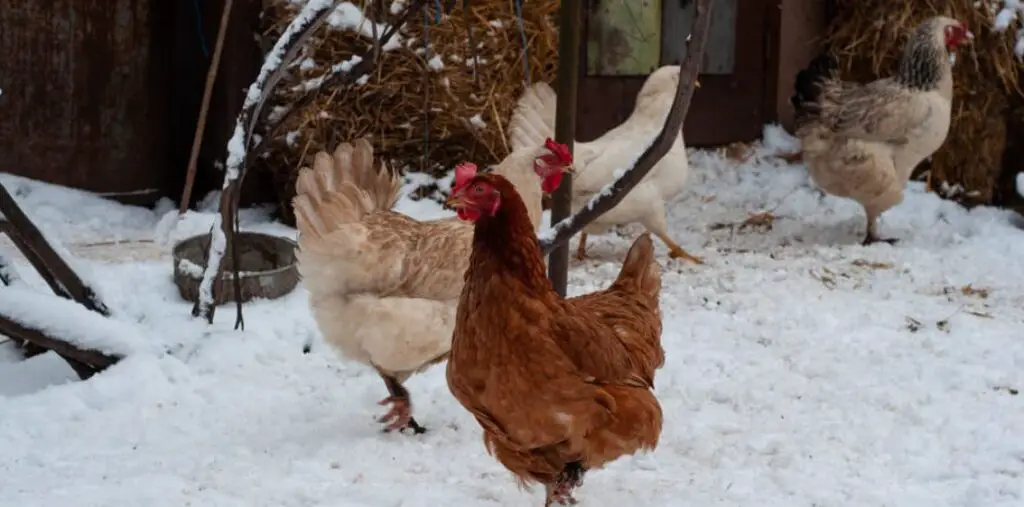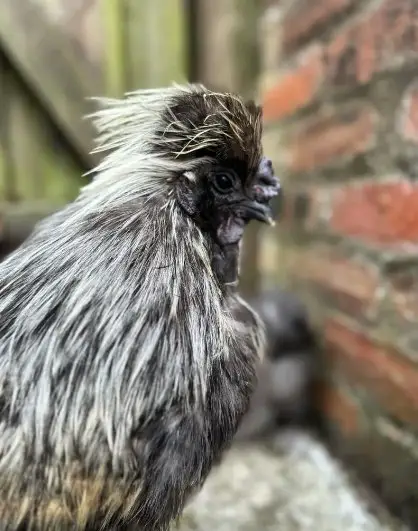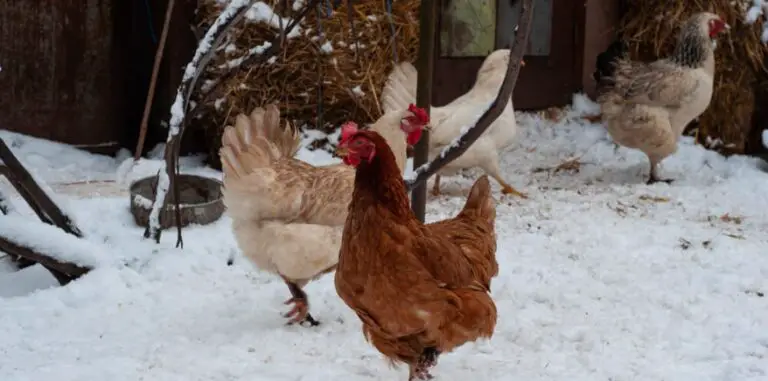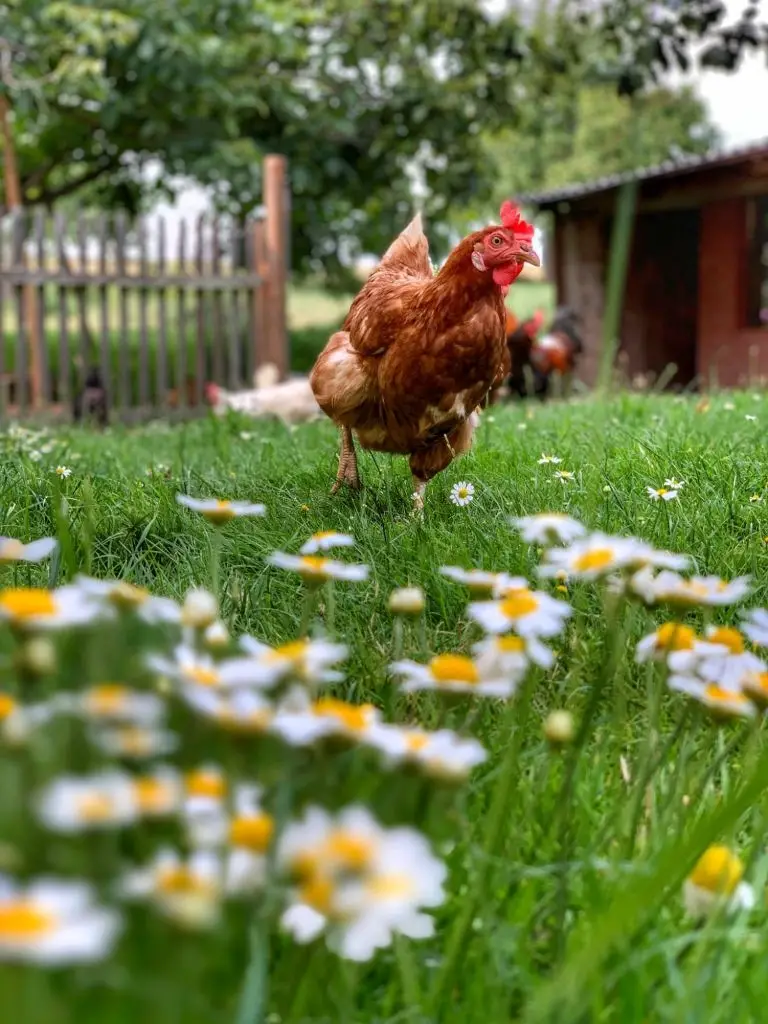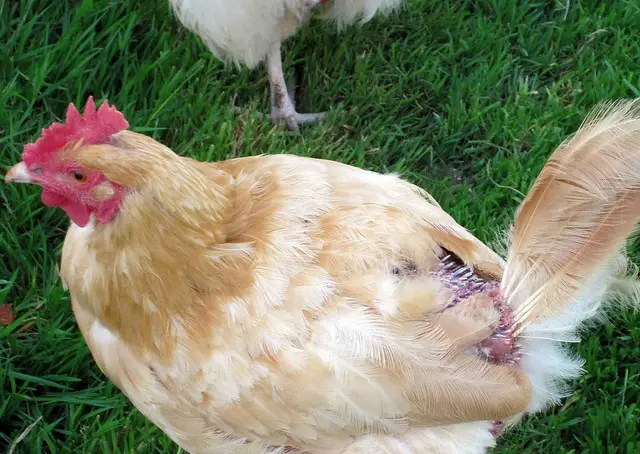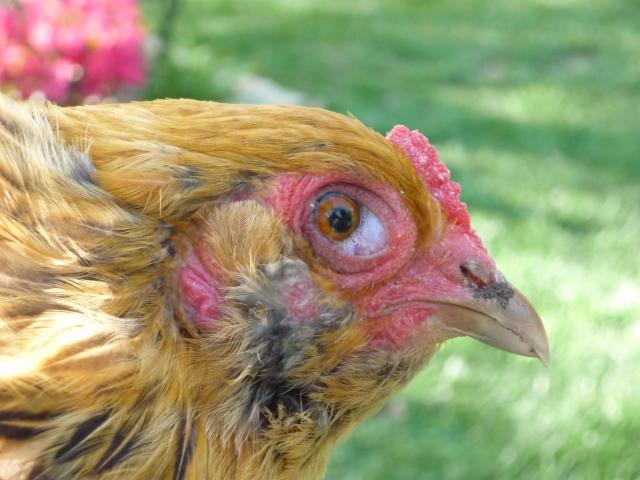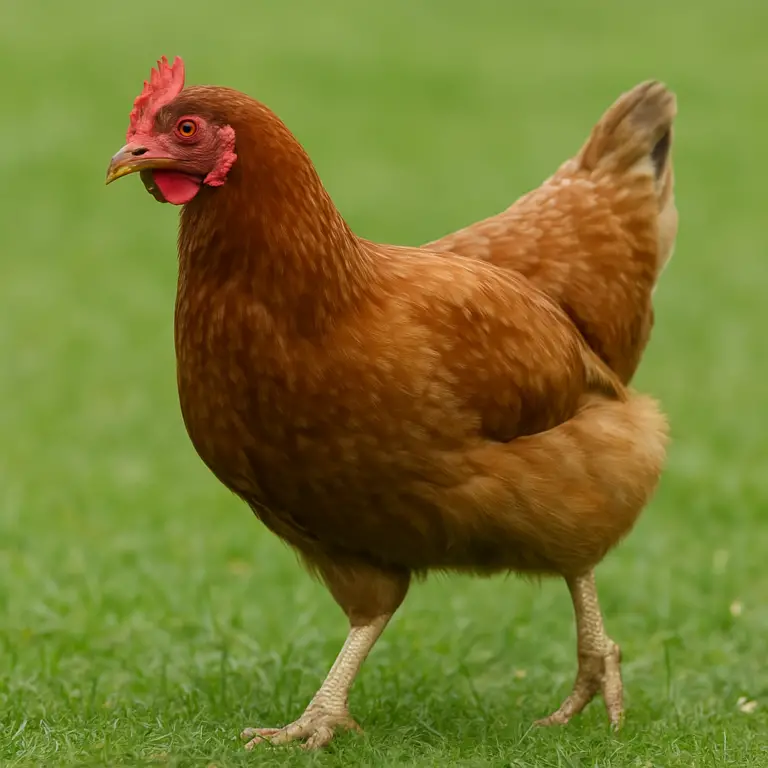How cold is too cold for chickens?
It is not easy to determine when the outside temperature becomes too cold for chickens. The average, or optimal, temperature for chickens is between 50 and 60 degrees Fahrenheit. Chickens can be subjected to colder temperatures, but if it is below freezing they will need a warmer space indoors or outside in order to stay healthy.
There are a number of ways that cold affects animals, and chickens are no exception. Some of the most common symptoms that chickens encounter when exposed to cold temperatures include:
- Extremely slow body movement.
- A decrease in the quality of eggs.
- Dramatically decreased egg production.
- Chickens becoming more susceptible to diseases and illness such as frostbite or hypothermia.
Can chickens stay outside in the winter?
If you live in a region where the temperature drops below freezing then it is not recommended to leave chickens outside in the winter.
Chickens are very sensitive to cold temperatures and are more susceptible to developing frostbite, which can lead to lameness or even death.
It is important to keep chickens warm at all times because when they’re too cold, they don’t generate enough energy to maintain their body processes.
How cold is too cold for chickens?
They also struggle to regulate their heart rates and breathing volumes so it can be especially dangerous for them when it gets too cold outside.
The most common sign of a chicken being too cold is a decrease in production of eggs or meat due to a lack of nutrients or energy.
Do chickens get cold at night?
Chickens don’t have a lot of body fat, so they need to stay warm in the winter. Hens also huddle together for warmth at night.
In the winter, chickens need extra care to stay warm and healthy in the cold.
They are not as well insulated against cold as other animals such as cows or sheep, so they can easily get frostbite or succumb to illness when exposed to cold temperatures for extended periods.
Chickens will roost together at night for warmth, typically lining up along a beam from back (cooler) to front (warmer) with wings around each other’s backs.
This creates a barrier with the feathers on one side and air on the other that helps keep them warmer than if they were sitting alone on a roost or floor.
Can chickens freeze to death?
Yes, chickens can freeze to death
Can chickens freeze to death?
A lot of people ask this question. Yes, chickens can freeze to death.
However, it does not happen often and it takes a lot of work to make it happen. Chickens have a lot of feathers and fat which will help protect them from the cold.
So, if you are ever in a situation where you need to keep your chickens alive in extreme cold, you can put some straw around them for insulation.
Share this content:
